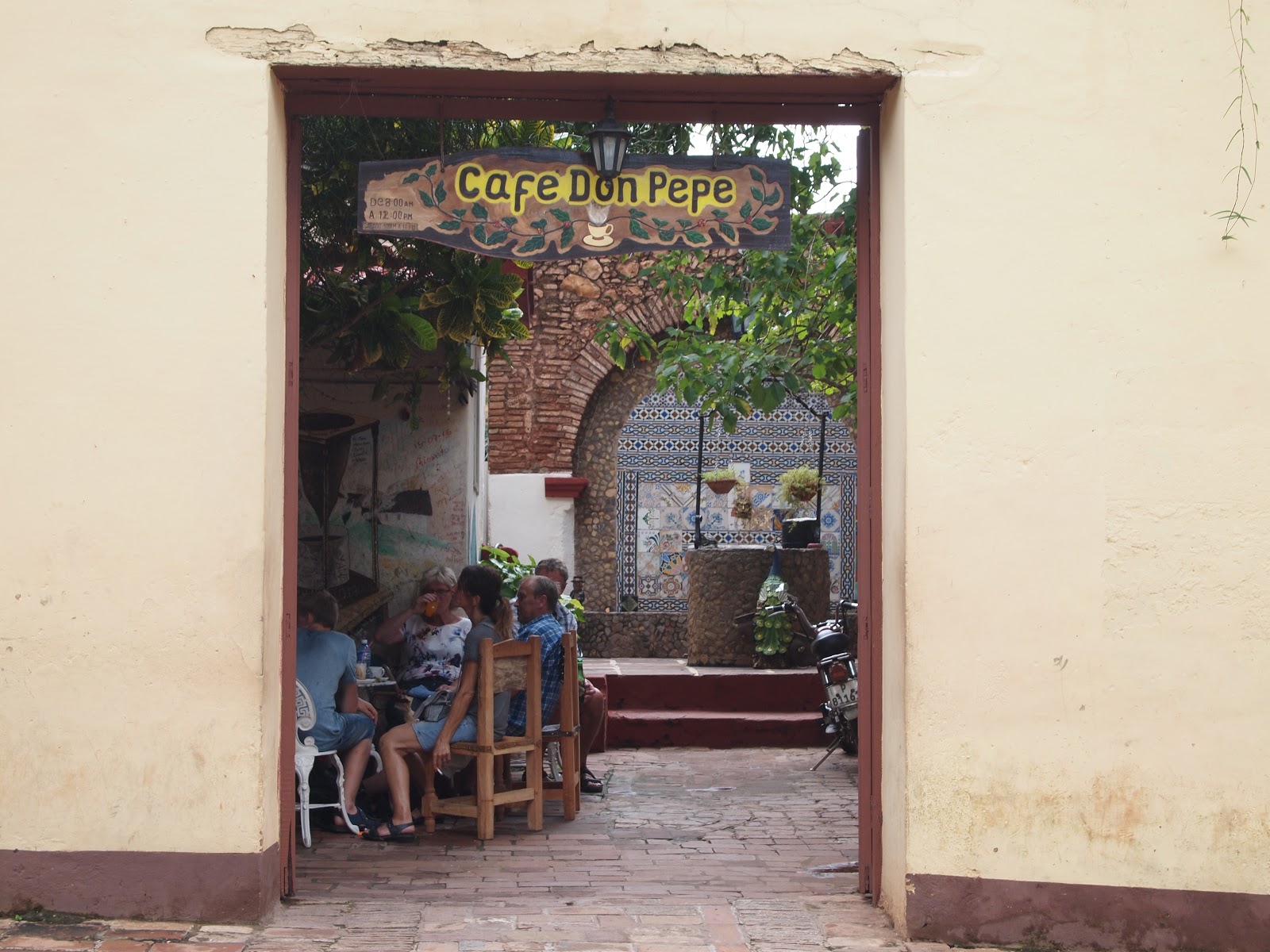Entrepreneurship. A great buzzword. Defined as the process of designing, launching and running a new business, it has also been described as the capacity and willingness to develop, organise and manage a business venture. It is sometimes mistaken as a panacea to fix dysfunctional economies. Probably, at best it is a potent band-aid in said economies. Long before we attached a name to what now produces more than 102.000.000 hits in 0.47 seconds (for English results only), entrepreneurship has propelled the process of human civilisation. It is among the most important activities to drive progress and transformation of market places, developed or not. It is driven by the hope and determination that the status quo can be changed, no matter what.
Hope is not conditional. It can overcome societal norms that do not encourage individualistic initiatives, or an interventionist state that does not promote or allow entrepreneurship in the first place. It can overrise economic activity of a state that is largely predetermined and planned. Rather than as reactionary to demand, when hope is just a byproduct, there is no real relationship between employer and employee, nor the concept of private enterprises. Hope stands by, even when creation of wealth is considered revolutionary.
Entrepreneurship in Cuba
Cuba is a formally socialist economy with a planned economy, dominated by state-run enterprises, that has recently begun moving towards a more mixed economy. In some ways, we see round II taking place for the private sector. The Cuban government already began a small experiment in self-employment in 1978, but the collapse of the Soviet Union put a quite immediate end to this. In the 1990s, to fight unemployment the government allowed private restaurants and Bed & Breakfasts again, yet strictly regulated. Since then, entrepreneurship, cuentapropismo, has become more common, most notably when in 1997, Cubans were allowed to rent out their homes and apartments.
Household production, village enterprise, artist collectives, and similar small-scale market-like activities have been on the rise since the ratio of public to private sector employment was 76 percent to 23 percent in 2000, compared to 91 to 8 in 1981. Since Raúl Castro succeeded his brother in 2008, the Cuban government has started to further relax restrictions on private ownership, markets and entrepreneurship. In 2010, the government announced plans to legalise small-scale private enterprise, some forms of land rental, and other capitalist practices. Yet the ideologies underlying capitalism and socialism could not be more different—the battle between those who want to preserve the status quo and those who want change is real.


Not everything that glitters is gold
Homeowners in Cuba who want to rent out their houses as casas particulares or set up restaurants, called paladares, require a license from the state. Licenses might not be granted and they can also be revoked. Setting up shops and renovating houses require access to raw materials and capital. Cuban entrepreneurs need to find suppliers abroad, rely on emigrated relatives for financing, and are also faced with high taxes and bureaucratic rules. Few homes have access to the Internet, and for most Cubans hourly internet passes, which can be bought for private hot spots, are too expensive.
The Cuban case showcases that human creativity, ingenuity, and the drive to improve can never be totally extinguished, not by lack of capital or resources, or by a totalitarian state. Even at the height of the Cuban Revolution, private initiatives and enterprises continued to flourish, even if underground. With Raúl Castro’s decision to expand the private sector, entrepreneurship has become a legal business activity.
So what will happen as limitations and restrictions, psychological and regulatory alike get lifted? How long will it take for entrepreneurship to truly flourish and bring about a significant improvement to the standard of living? The cards may not have been dealt equally for all Cubans. Prerequisites, such as connections, capital and house ownership, have already created two classes of Cubans; those who can and those who cannot start businesses.
Things will probably not change overnight. Entrepreneurship is still not a panacea, it can only be a band-aid and eventually it will drive progress and transformation, because at the core of entrepreneurship, there is always hope. Luck. Aspiration. Persistence. But most fundamentally, a hope that we can improve the status quo with our own hands.
By: Clara Bieler
Photo Credit:
Cafe Don Pepe in Trinidad, C. Bieler, all rights reserved.
Casas Particulares in Viñales, C. Bieler, all rights reserved.
Maquina Driver in Havana, C. Bieler, all rights reserved.










